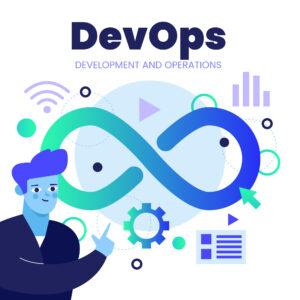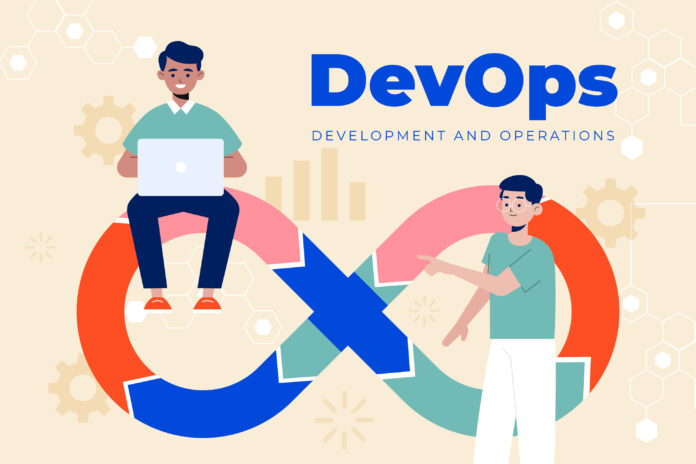The DevOps landscape is constantly changing as 2024 approaches, driven by both changing industry demands and technological breakthroughs. We’ll examine the main DevOps trends that are expected to have a big influence in 2024 in this article.
Increased Adoption of AI and Machine Learning
In DevOps, artificial intelligence (AI) and machine learning (ML) are expected to become increasingly important. With the use of these technologies, testing, deployment, and monitoring automation are being improved, resulting in faster development cycles and better problem prediction.
Shift Towards Serverless Architecture
Developers may now concentrate on writing code instead of maintaining servers, thanks to the growing popularity of serverless architecture. With companies just paying for the resources their apps use, this trend simplifies operations and may result in cost savings.
Rise of Infrastructure as Code (IaC)
Infrastructure as Code is revolutionizing the provisioning and management of infrastructure, reducing errors, and increasing efficiency. IaC use should increase in 2024 due to the demand for more rapid, reliable, and scalable infrastructure deployment.
Emphasis on Security Integration (DevSecOps)
DevSecOps, or the process of integrating security into DevOps, is becoming more and more crucial. By integrating security considerations at every stage of the development process, this strategy guarantees more secure apps.
Growth in Microservices Architecture
One of the main trends that is still present is the move toward microservice architecture. This method works especially well in intricate, dynamic systems and enables
 more scalable, versatile, and maintainable programs.
more scalable, versatile, and maintainable programs.
Enhanced Focus on Monitoring and Analytics
Understanding application performance and user experience requires analytics and monitoring. Anticipate increasingly advanced technologies in 2024 that offer deeper insights, enabling teams to proactively solve problems and maximize performance.
Expansion of Containerization and Kubernetes
Containerization is predicted to increase further, with Kubernetes emerging a
s the preferred orchestration tool. This technology is an essential part of contemporary DevOps processes since it makes the deployment, scaling, and management of application containers easier.
Use-cases with Edge Computing
As more businesses look for ways to process data closer to the source, edge computing is expected to grow. This trend will probably have an impact on how DevOps teams handle deployments and operations, and it is especially pertinent for apps that
need low latency.
Increased Focus on Continuous Improvement
A top goal will be the ongoing enhancement of DevOps procedures. For the purpose of increasing productivity, decreasing downtime, and raising the standard of software, procedures must be routinely assessed and improved.
Collaboration and Remote Work Tools
Tools that help dispersed teams collaborate and communicate will be even more important as remote work becomes more common. The DevOps workflows that are currently in place must be easily integrated with these tools.
Conclusion
With developments that should improve efficiency, scalability, and security, the DevOps scene in 2024 is expected to be vibrant and interesting. It is imperative for firms seeking to optimize their development and operational operations to stay up-to-date with current developments. In this rapidly changing profession, engineering teams and companies may greatly enhance their developer experience. This makes it easier for development teams to maintain their competitiveness while simultaneously producing high-caliber software solutions quickly and in line with the industry’s ever-changing requirements.






